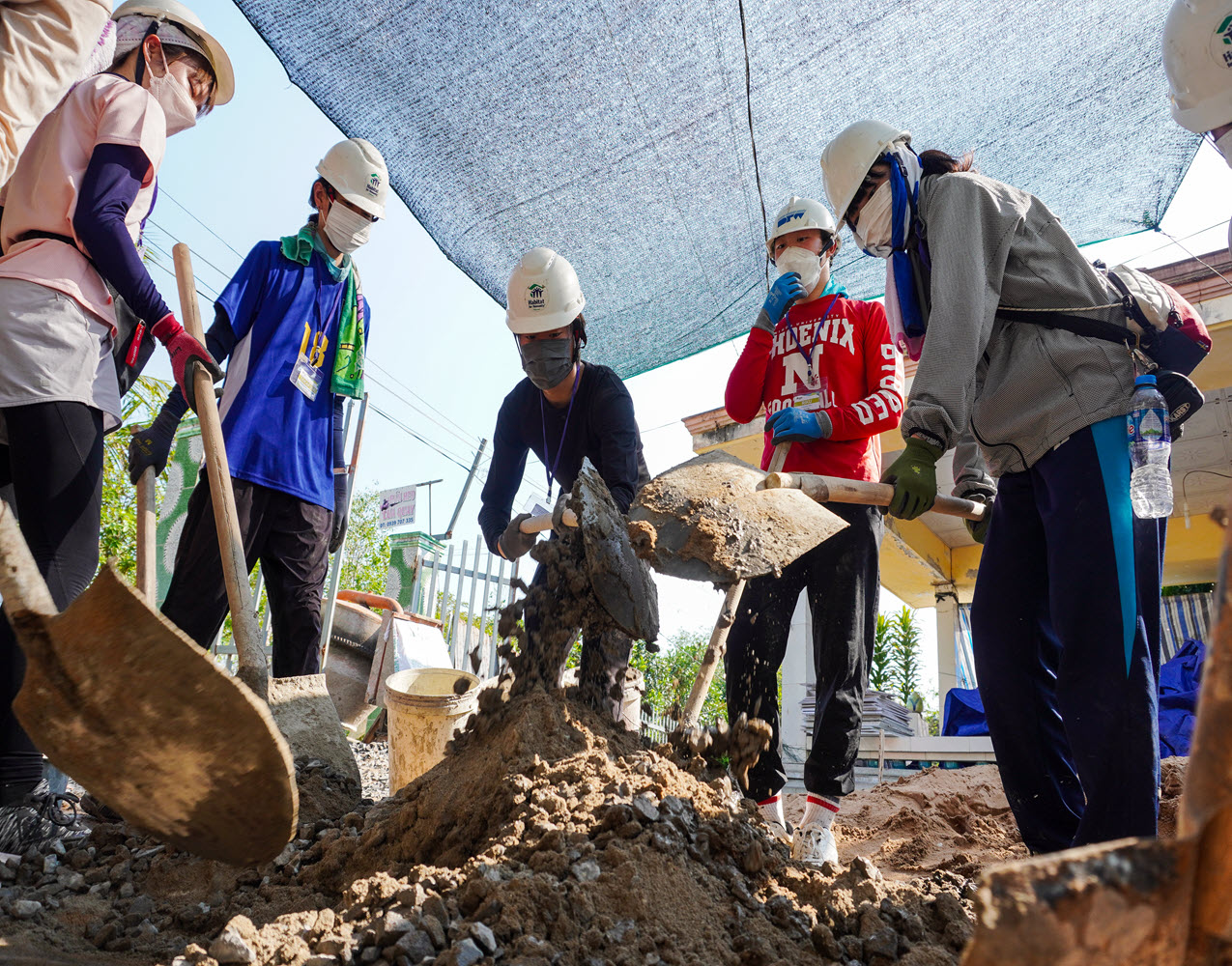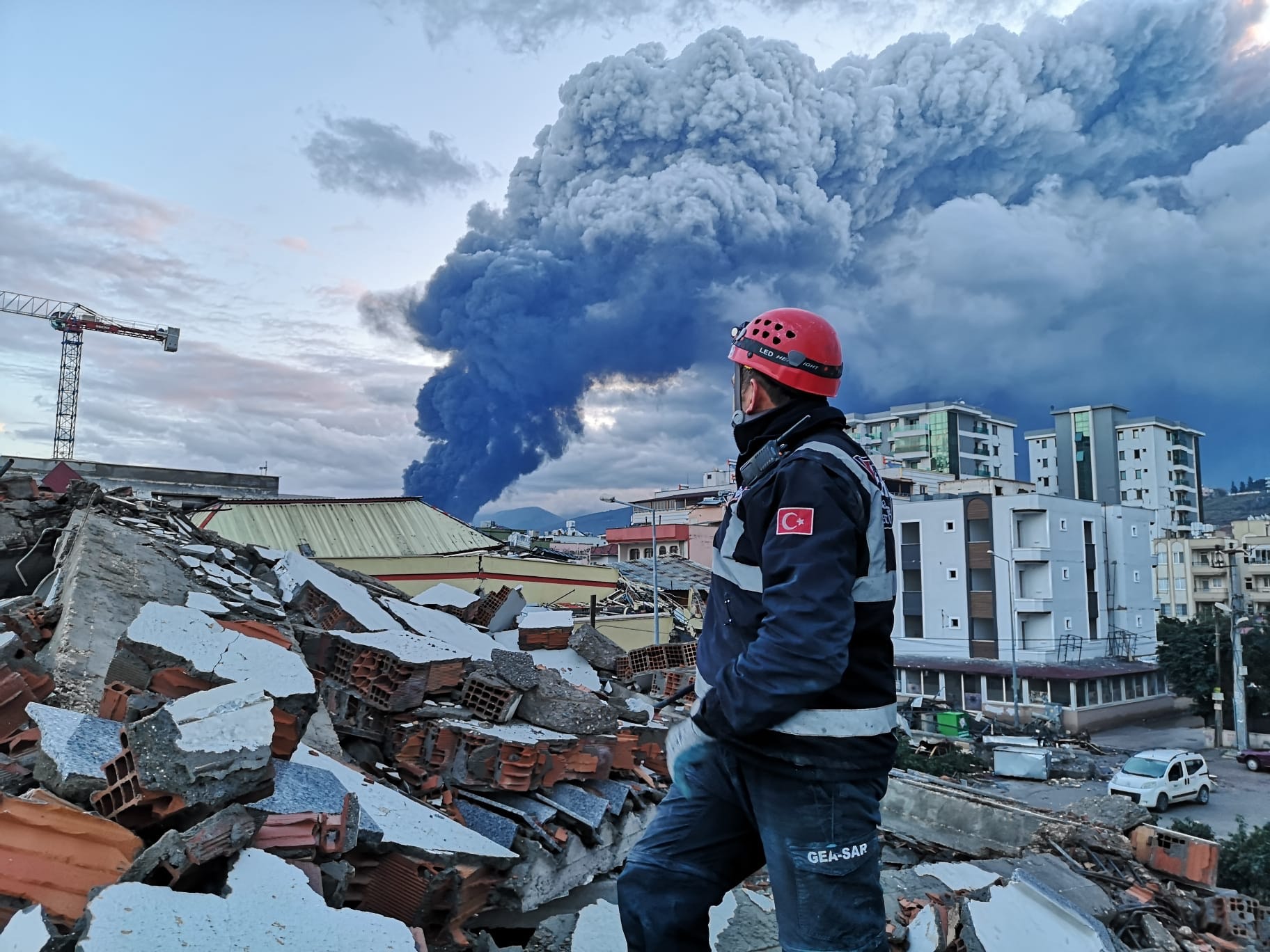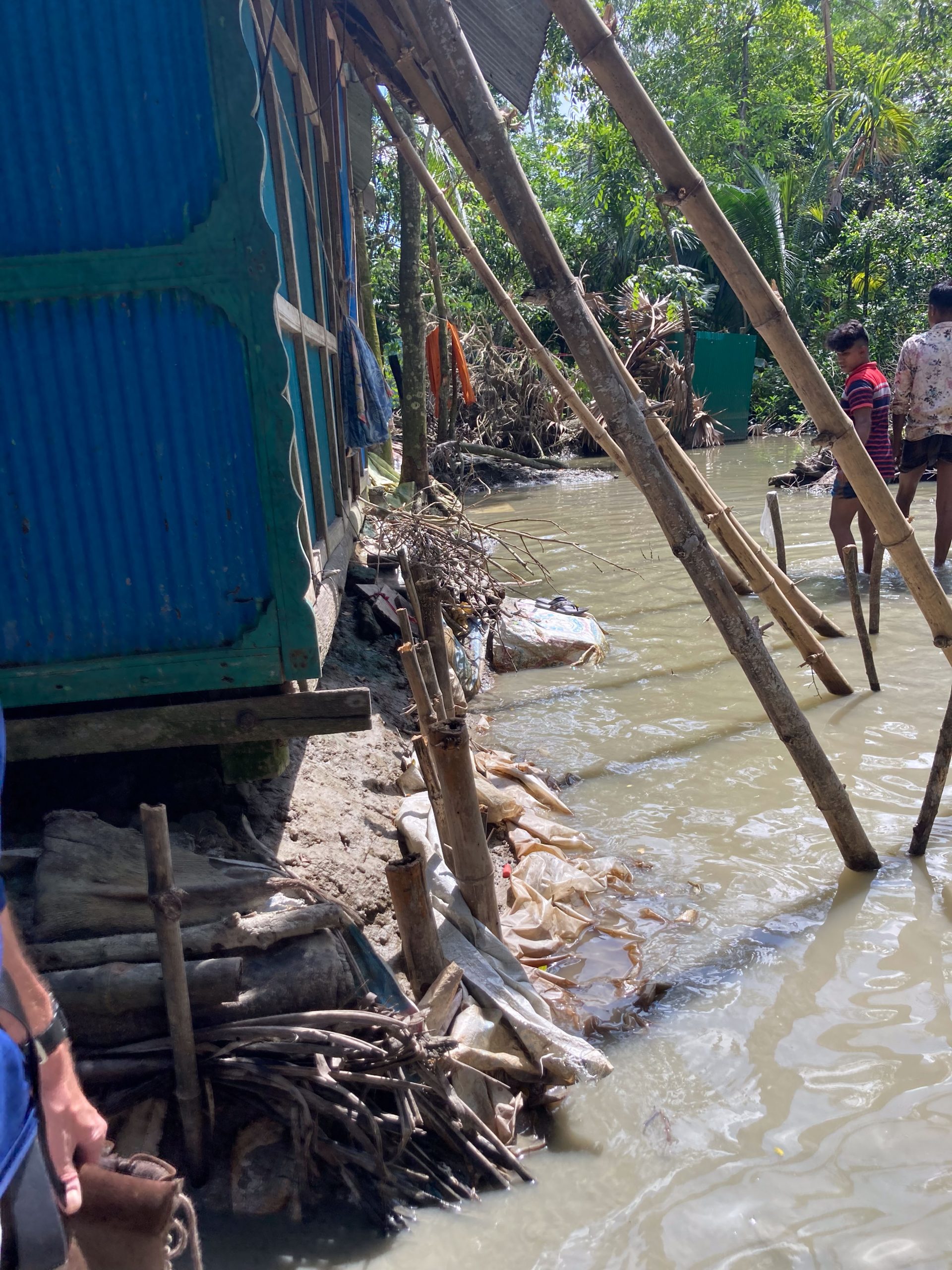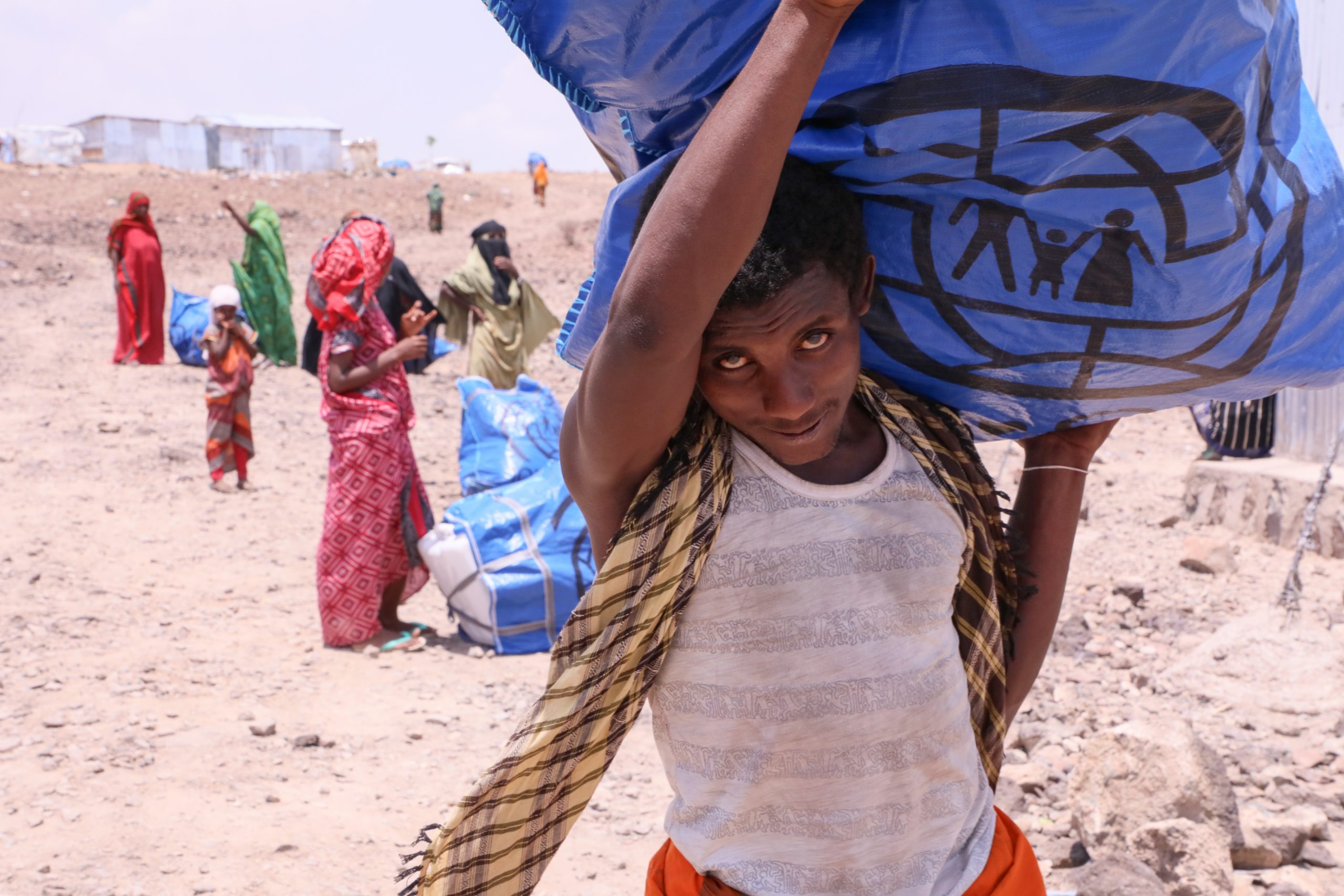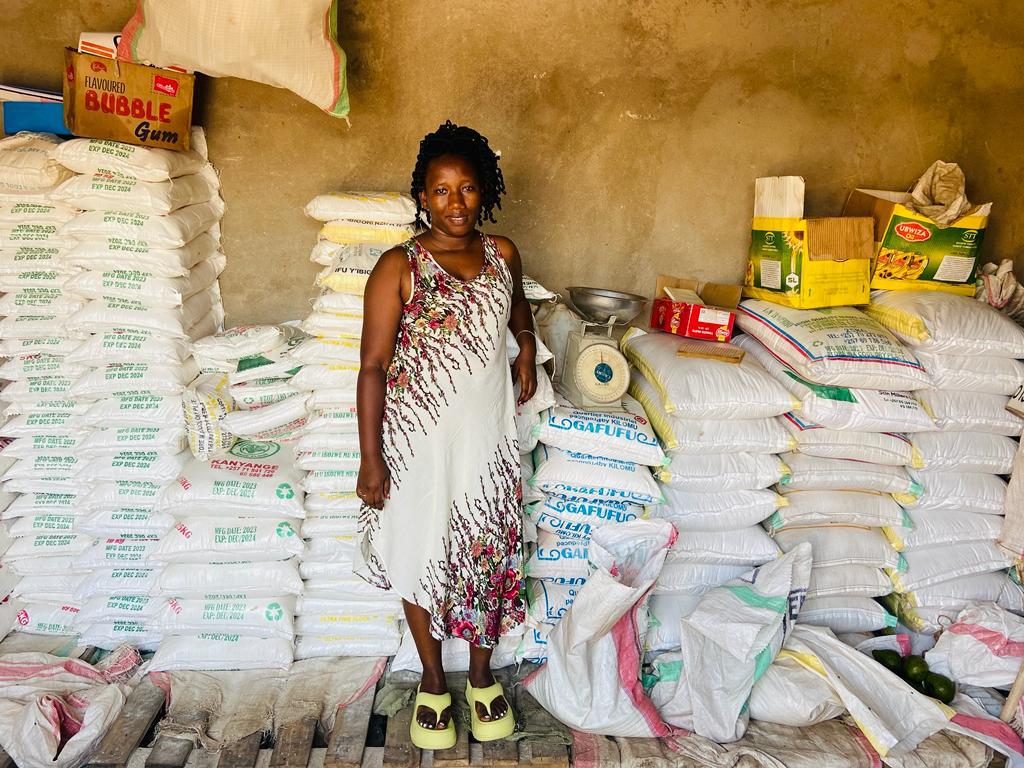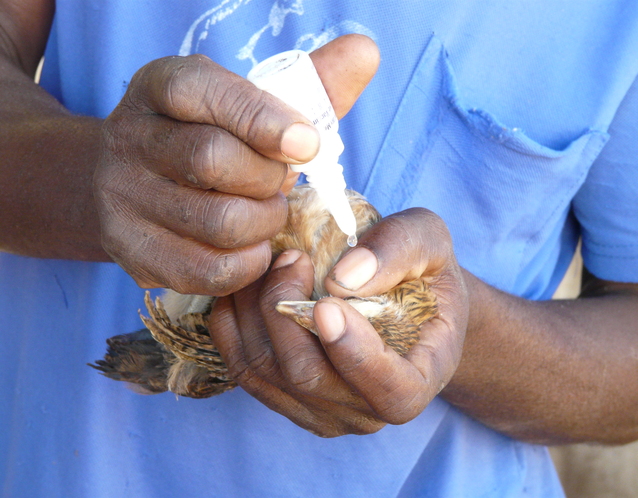
Malawi is one of the world’s poorest countries, with around two-thirds of the population of 15 million living below the national poverty line. It is highly dependent on agriculture, which employs around 80% of the workforce, and generates up to 90% of foreign exchange earnings.
At the same time, the livelihoods of smaller farmers are increasingly vulnerable to climate-change related shocks – including flooding, droughts and soil erosion.
Beginning in 2013, the JTI Foundation worked with Inter Aide to develop a wide-ranging program to improve farmers’ resilience to climate change-related disasters.
The initial program focused on improving agricultural and forestry techniques; raising incomes by improving the marketing of local produce; and extending existing bird vaccination programs combatting a widespread avian viral infection – Newcastle disease.
The success of the vaccination component of the initial project, which has demonstrated considerable potential to raise rural incomes, prompted the Foundation to fund this second phase, which further extends Inter Aide’s chicken vaccination program.
The program’s principal objective is the wider distribution of a cheap but effective vaccine via ‘Community Vaccinators,’ selected from among motivated local farmers.
Community Vaccinators travel around agricultural communities, vaccinating chicken stocks using a simple eye-drop; and in turn are encouraged to form Vaccination Associations to better manage their programs. As chicken farmers are charged for vaccinations, the Associations are fast in the process of becoming self-sustaining social enterprises.
Stakeholders including the Food and Agriculture Organization agree that the livelihood of small-scale farmers is substantially improved through comprehensive vaccination programs targeting Newcastle disease. A similar program in Mozambique established that vaccination provides around 80% protection against infection with Newcastle Disease when administered every four months.
Inter Aide anticipates that 450 Community Vaccinators will administer 1.5 million doses against Newcastle disease over the three year life of the project, benefitting approximately 45,000 farming families.
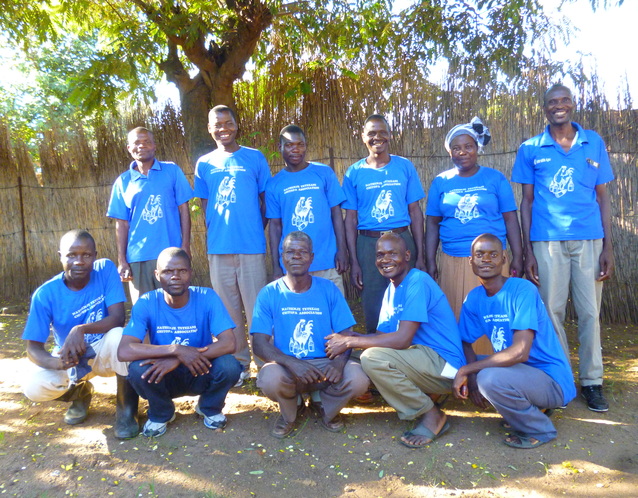
OVER 20 YEARS OF INVESTMENT IN DISASTER MANAGEMENT INITIATIVES
Countries where we have supported our partners’ work in response to a growing range of threats to life and livelihood
Million USD invested since 2001 to help communities better prepare for – and recover from – natural and man-made disasters
Projects addressing a broad range of challenges, including mine-clearance, emergency shelter, resilient housing solutions and capacity building

